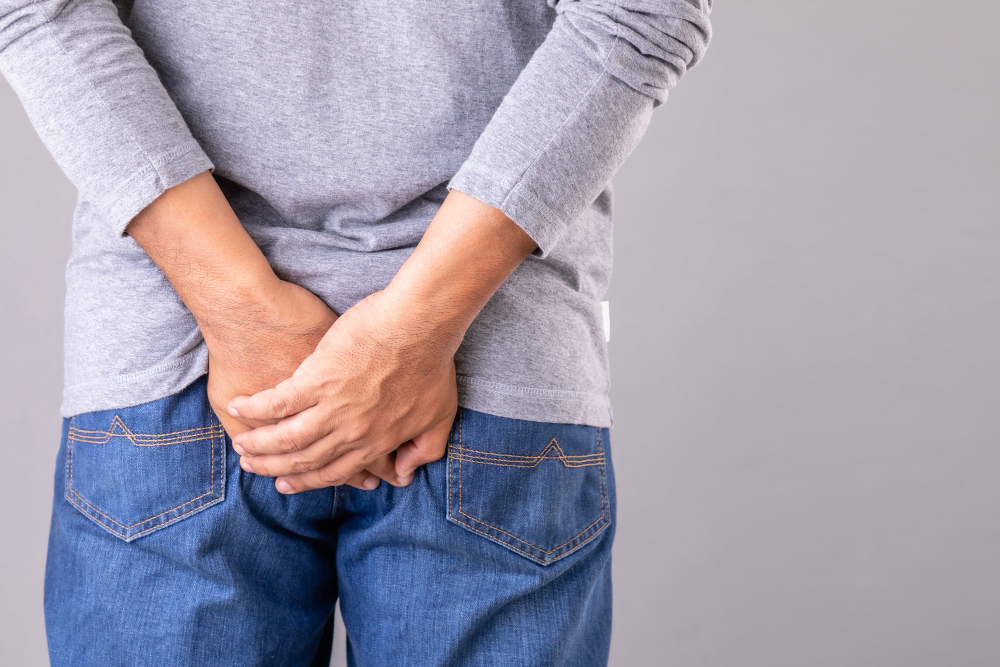What are Piles?
Piles, also called hemorrhoids, are swollen veins in the lower part of the rectum or anus. Many people experience pain, itching, or bleeding during bowel movements. Sometimes, you may notice a lump near the anus. Although piles are common, they can cause discomfort and worry.
There are several causes of piles. Often, straining during bowel movements, chronic constipation, or sitting for long periods can lead to piles. In addition, pregnancy, obesity, and a low-fiber diet may increase your risk. However, piles are treatable, and early care can help prevent complications.
Introduction to Panchakarma Therapy
Panchakarma therapy is a key part of Ayurveda, the ancient Indian system of medicine. It uses natural methods to cleanse the body and restore balance. Panchakarma means “five actions,” which are special treatments to remove toxins and improve health. Many people seek Panchakarma for piles because it offers a gentle, holistic approach.
Unlike some modern treatments, Panchakarma focuses on the root cause of disease. Therefore, it aims to heal the body from within. This therapy is safe when performed by trained Ayurvedic specialists.
How Panchakarma Helps in Managing Piles
Panchakarma therapy for piles works by cleansing the digestive system and reducing inflammation. As a result, it helps relieve pain, swelling, and discomfort. In addition, Panchakarma improves digestion and supports healthy bowel movements. This natural remedy for hemorrhoids is gentle and effective for many people.
Ayurvedic treatment for piles often combines Panchakarma with herbal medicines and lifestyle changes. Together, these methods help heal the affected area and prevent future problems.
Step-by-Step Panchakarma Procedures for Piles
Panchakarma for hemorrhoids includes several steps. Each step is chosen based on your health needs. Here are the main procedures:
Each procedure is done under expert supervision. The steps may vary based on your symptoms and overall health.
Benefits and Expected Outcomes
Panchakarma therapy for piles offers many benefits. First, it helps reduce pain, swelling, and itching. Next, it supports healthy digestion and regular bowel movements. Over time, you may notice less bleeding and discomfort. In addition, Panchakarma can boost your energy and overall well-being.
Many people find that natural remedies for hemorrhoids, like Panchakarma, offer long-lasting relief. However, results may vary. It is important to follow your specialist’s advice for the best outcome.
Lifestyle and Dietary Guidance in Ayurveda for Piles
Ayurveda recommends simple lifestyle and diet changes to support healing. For example, eating more fiber-rich foods can make stools softer and easier to pass. In addition, drinking plenty of water helps prevent constipation.
These habits can help prevent piles from returning. Moreover, they improve your overall health.
Prevention Tips
Preventing piles is possible with a few simple steps. Here are some tips:
With these habits, you can lower your risk of developing piles.
When to Consult an Ayurvedic Specialist
Although mild piles may improve with home care, you should see an Ayurvedic specialist if:
Early consultation can help you get the right treatment and avoid complications. In addition, a specialist can guide you on the best Panchakarma therapy for piles and other Ayurvedic treatments.
Consult a qualified Ayurvedic specialist for personalized advice and treatment options.

